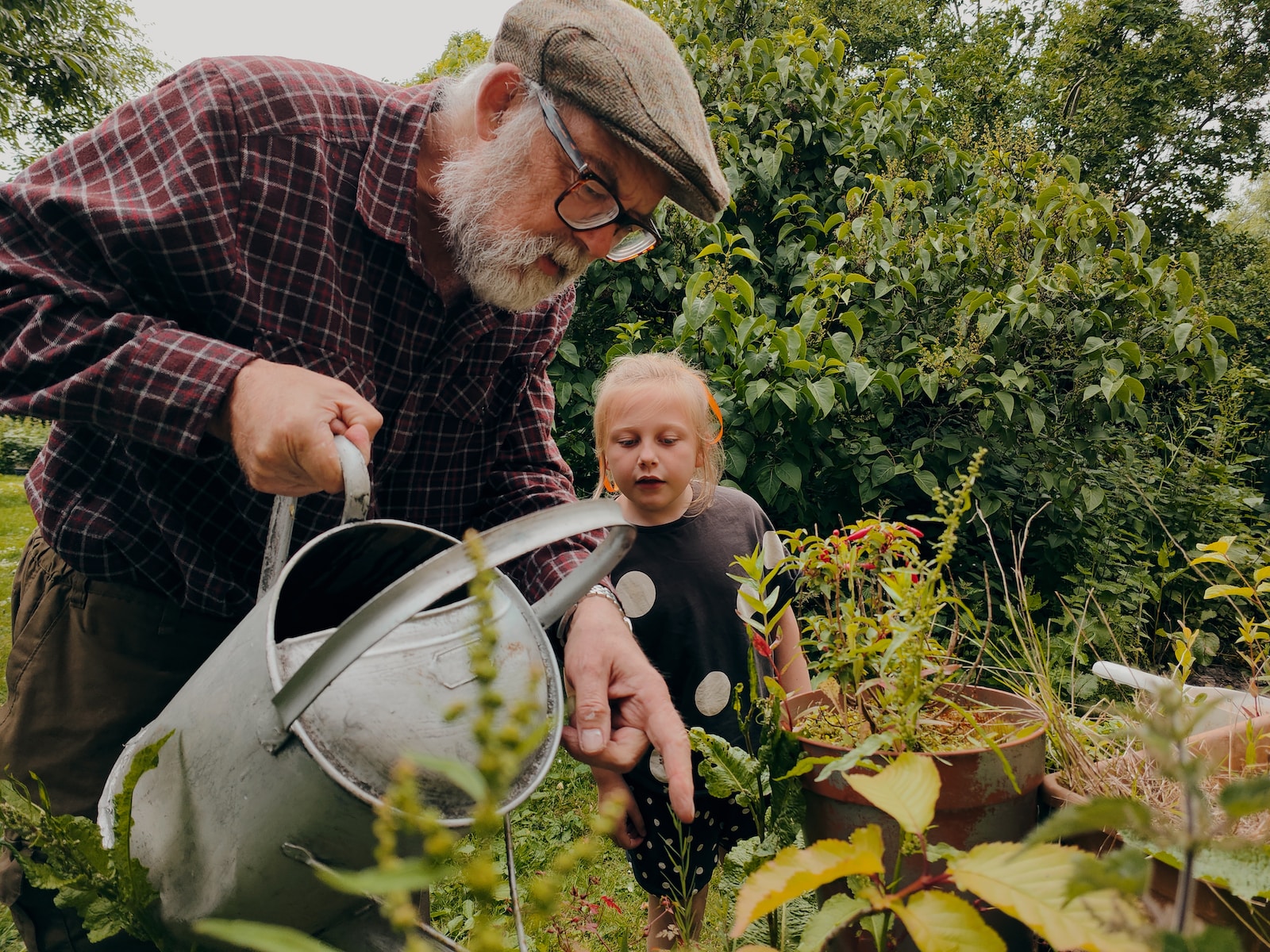Share this article with your network of friends!
Losing a sibling is a deeply profound and emotional experience, especially as we reach our senior years when the bonds with our siblings have often been lifelong and cherished. Coping with the death of a sibling as a senior can feel overwhelming, as it represents the loss of a shared history, a source of support, and a connection to our past. In this article, we will explore strategies and insights to help seniors cope with the death of a sibling, navigate the grief journey, and find solace during this challenging time.
1. Acknowledge and Validate Your Grief:
– Recognize the Significance of the Loss: Losing a sibling is a significant loss that can evoke a range of emotions, from deep sadness and emptiness to anger, guilt, or confusion. Acknowledge the depth of your grief and give yourself permission to mourn.
– Embrace Your Unique Relationship: Sibling relationships are unique, filled with shared experiences, memories, and an intimate understanding of each other. Recognize the value of your connection and the impact your sibling had on your life.
2. Seek Support from Others:
– Lean on Your Support Network: Reach out to family members, close friends, or support groups who can provide comfort, understanding, and a safe space to express your feelings. Connecting with others who have experienced a similar loss can be particularly helpful.
– Share Memories and Stories: Share stories and memories of your sibling with others who knew them well. This allows you to honor their memory and create a supportive environment where you can celebrate their life together.
3. Engage in Self-Care:
– Prioritize Your Well-being: During times of grief, it is essential to prioritize self-care. Take care of your physical, emotional, and mental well-being by engaging in activities that bring you comfort and solace. This could include practicing mindfulness, seeking therapy, exercising, or finding solace in hobbies or creative outlets.
– Maintain Healthy Routines: Establishing a daily routine that includes regular exercise, nutritious meals, and sufficient rest can provide stability and a sense of normalcy during the grieving process.
4. Embrace the Grieving Process:
– Allow Yourself to Feel: Grief is a complex and individual journey. Give yourself permission to experience a wide range of emotions, understanding that these feelings are a natural response to loss. It is okay to cry, express anger, or seek solitude when needed.
– Honor Your Sibling’s Memory: Find meaningful ways to honor and remember your sibling. Create a memory box, dedicate a special space in your home, or participate in activities that were important to them. Consider establishing a tribute, such as a scholarship or charitable donation, that reflects their passions or values.
5. Seek Professional Support:
– Reach Out to a Grief Counselor: If your grief becomes overwhelming or begins to interfere with your daily life, consider seeking support from a grief counselor or therapist who specializes in bereavement. They can provide guidance, tools, and a safe space to navigate your grief journey.
– Join a Grief Support Group: Engaging in a grief support group specifically for those who have lost siblings can offer a sense of understanding and connection. Sharing experiences and receiving support from others who have gone through similar losses can be immensely beneficial.
Coping with the death of a sibling as a senior is a profound and deeply personal experience. Remember that grief is a unique journey, and there is no “right” way to grieve. Allow yourself the space and time to mourn, seeking support from loved ones and professionals who can provide comfort and understanding. Embrace self-care, honor your sibling’s memory, and find solace in shared experiences and cherished memories. Although the loss of a sibling is indescribable, it is through embracing the grieving process and finding support that we can navigate this journey and carry their memory in our hearts.
DISCLAIMER: This website contains articles for informational and entertainment purposes only. No articles on this website should be considered as professional advice for any medical, legal, or financial matter. Advertisements and content may contain affiliate links, where the website earns a commission for sales derived from our users.





